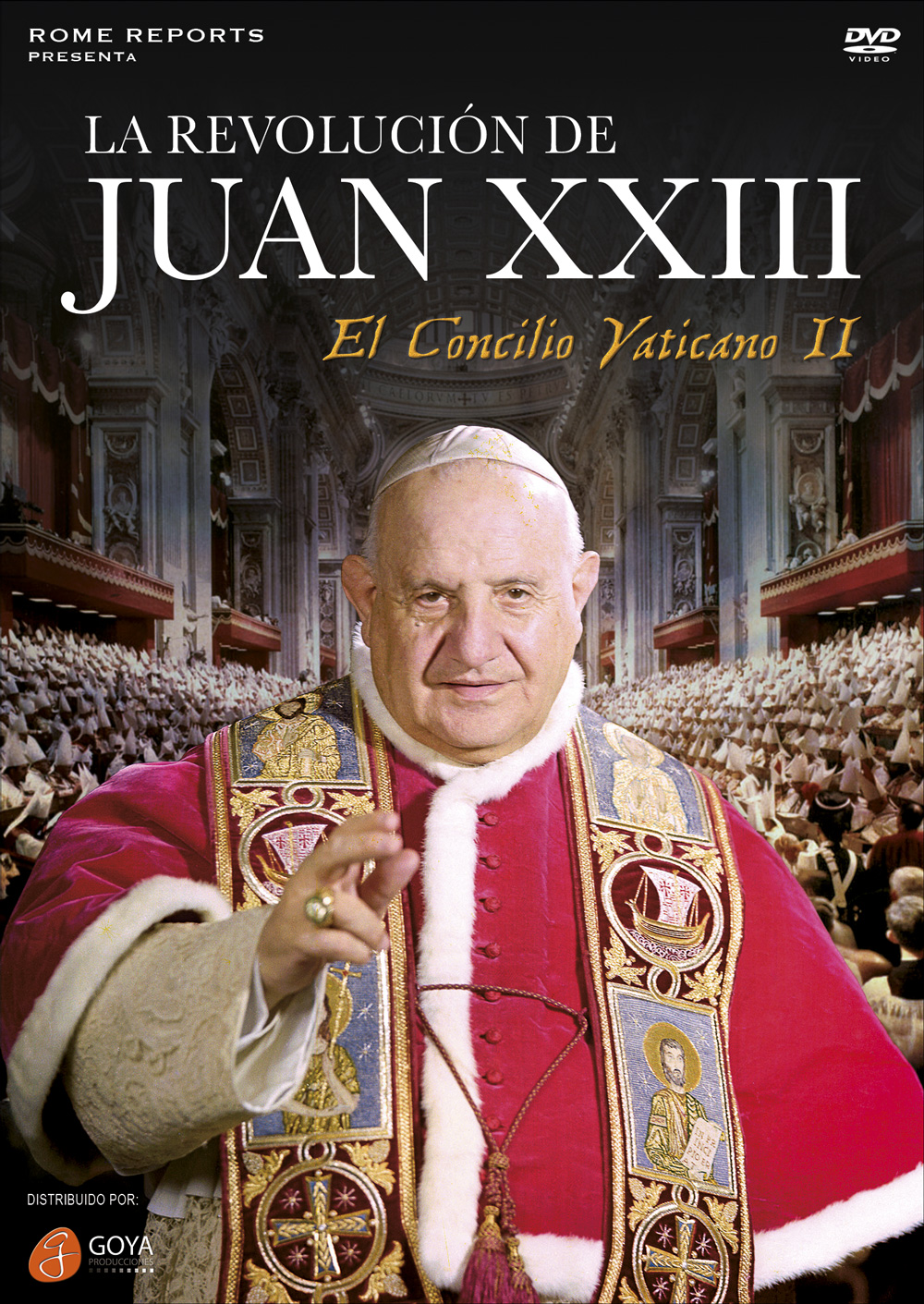Pope Francis has captured the world's attention since his election in 2013, not only for his progressive stances and reformist approach but also due to the intriguing prophecies surrounding his papacy. Speculations have swirled about whether he might be the last pope, fueled by ancient predictions and modern interpretations of biblical texts. As we delve into these theories, it is essential to understand the context and significance of such claims.
Throughout history, various prophecies have emerged concerning the future of the Catholic Church and its leadership. Among these, St. Malachy's prophecy stands out as one of the most famous, listing a sequence of popes leading up to the end times. With Pope Francis being identified as the 112th pope in this list, many have begun to question if his reign marks the culmination of an era. This article explores the signs and insights that contribute to this speculation, examining both historical and contemporary perspectives.
The Legacy of Pope Francis: A Visionary Leader
Pope Francis was the head of the Catholic Church and sovereign of the Vatican City State from March 13, 2013, until his death in 2025. His pontificate was marked by significant efforts to modernize the Church, emphasizing compassion, inclusivity, and social justice. As the first pope from the Americas and the Jesuit order, he brought a fresh perspective to the global stage, addressing issues such as poverty, climate change, and interfaith dialogue.
Beyond his policy changes, Pope Francis endeared himself to millions through his humility and genuine concern for marginalized communities. His actions often spoke louder than words, as seen in his visits to prisons, refugee camps, and impoverished neighborhoods. This commitment to serving others earned him widespread admiration and respect, transcending religious boundaries.
Despite facing criticism from conservative factions within the Church, Pope Francis remained steadfast in his mission to make the Catholic Church more accessible and relevant in today's world. His legacy will undoubtedly shape the institution for generations to come, leaving behind a blueprint for future leaders to follow.
Interpreting St. Malachy's Prophecy: A Closer Look
St. Malachy's prophecy, attributed to the Irish saint in the 12th century, predicts a series of 112 popes before the end of the world. According to this vision, Pope Francis corresponds to the final entry, Petrus Romanus, or Peter the Roman. While some interpret this as a literal prediction of doom, others view it as a metaphorical reflection on the challenges facing the Church today.
Critics argue that the authenticity of St. Malachy's prophecy is questionable, with evidence suggesting it may have been fabricated during the Renaissance period. Nevertheless, its enduring popularity highlights humanity's fascination with apocalyptic narratives and the search for meaning in uncertain times. For many Catholics, the prophecy serves as a reminder to remain vigilant and faithful amidst trials and tribulations.
In light of recent events, including geopolitical tensions and ecological crises, some believe we are witnessing the fulfillment of these ancient warnings. However, rather than succumbing to fear, Pope Francis encouraged believers to focus on love, unity, and service as antidotes to despair.
A Testament of Faith and Hope
Pope Francis' testament, dated June 29, 2022, revealed his wishes regarding his burial and funeral arrangements. Choosing the Basilica of Saint Mary Major as his final resting place, he demonstrated his preference for simplicity over grandeur—a hallmark of his personal values. By opting for a less prominent location compared to previous popes, he reinforced his message of humility and solidarity with ordinary people.
Plans for his funeral included allowing the poor to participate in the procession, ensuring they could bid farewell alongside dignitaries and officials. This gesture underscored his lifelong dedication to uplifting those on the margins of society. Through every decision, even in death, Pope Francis sought to embody Christ's teachings of compassion and equality.
As news of his passing spread, tributes poured in from across the globe, celebrating not just his accomplishments but also the profound impact he had on countless lives. His example continues to inspire hope and renewal within the Catholic Church and beyond.
The Role of Diplomacy in Turbulent Times
Pope Francis' final acts of diplomacy reflected his unwavering commitment to peace and reconciliation. One notable instance involved facilitating a meeting between former U.S. President Donald Trump and Ukrainian President Volodymyr Zelenskyy. Although hypothetical at the time, such an encounter would have aligned with his vision of fostering dialogue and cooperation among nations.
His efforts extended beyond politics, addressing pressing global issues like migration, human trafficking, and environmental degradation. By leveraging his moral authority, Pope Francis advocated for policies rooted in justice and sustainability, challenging world leaders to prioritize the common good over narrow interests.
Even during his last public appearance on Easter Sunday, Pope Francis delivered a powerful message of hope and resurrection. Standing in St. Peter's Square, he reminded the faithful that faith can triumph over adversity, urging them to embrace their role as agents of change in building a better world.
Contemplating the End Times: Myth or Reality?
A 900-year-old book housed in the Vatican archives reportedly foretells the arrival of Judgment Day, coinciding with the papacy of Pope Francis. While sensational headlines capture public imagination, scholars caution against taking such prophecies literally. Instead, they encourage critical thinking and spiritual discernment when evaluating these claims.
For believers, the possibility of living in the end times does not evoke panic but rather reinforces the importance of living authentically and purposefully. Pope Francis consistently emphasized preparing for eternity by cultivating virtues such as kindness, forgiveness, and gratitude. His teachings invite individuals to trust in God's plan while actively contributing to the betterment of society.
Ultimately, whether Pope Francis proves to be the last pope remains uncertain. What is clear, however, is his transformative influence on the Catholic Church and its relationship with the broader world. Regardless of what lies ahead, his legacy serves as a beacon of light guiding humanity toward a brighter future.

